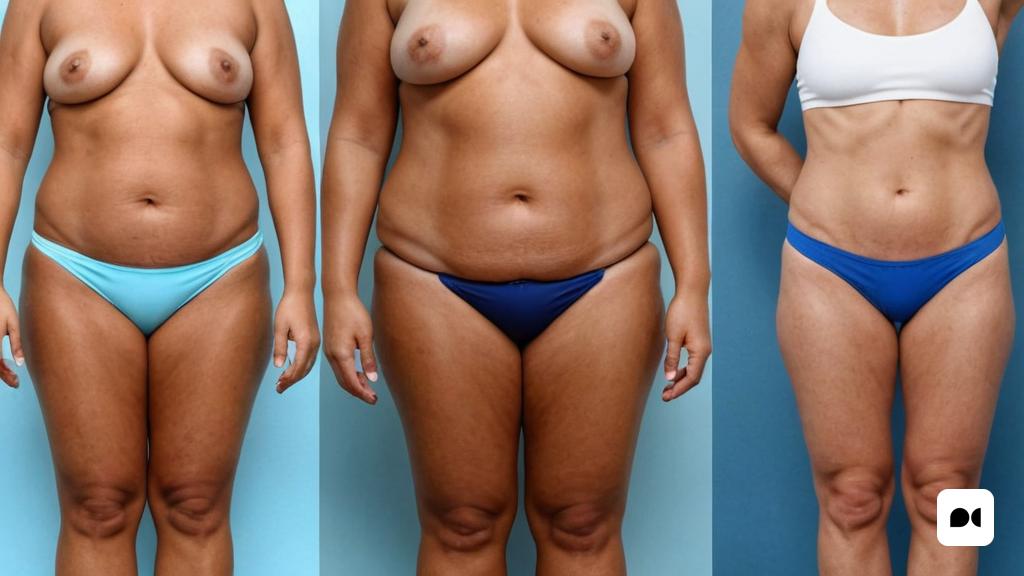Introduction
As we age, many of us notice an increase in the accumulation of body fat, especially in areas such as the abdomen, hips and thighs. This phenomenon is common and can be frustrating, as it occurs even if there are no significant changes in diet or level of physical activity. Next, we explore the main causes of this increased fat accumulation with age and offer some strategies to mitigate its effects.
Causes of fat accumulation with age
Decreased basal metabolism
Basal metabolism is the amount of energy our body needs to maintain its basic functions at rest. With age, the basal metabolism tends to decrease. This means that the body burns fewer calories to perform the same daily activities, which can lead to excess calories being stored as fat.
Loss of muscle mass
As we age, it is common to experience a loss of muscle mass, a process known as sarcopenia. Muscles are metabolically active, which means they burn calories even at rest. The decrease in muscle mass reduces the amount of calories we burn daily, contributing to an increase in the accumulation of fat.
Hormonal changes
Hormonal changes play a crucial role in fat accumulation with age. In women, menopause involves a decrease in estrogen levels, which can cause a redistribution of fat towards the abdomen. In men, decreased testosterone can lead to an increase in body fat and a decrease in muscle mass.
Sedentary lifestyle
As the years go by, many people adopt a more sedentary lifestyle. The reduction in physical activity directly contributes to the accumulation of fat, since the body does not burn as many calories as it used to do. In addition, being sedentary can exacerbate the loss of muscle mass, creating a vicious cycle.
Strategies to mitigate fat accumulation
Diet adjustment
With a slower metabolism, it’s important to adjust your caloric intake to avoid excess calories. Focus on a balanced diet rich in lean protein, fruits, vegetables, and whole grains. Protein is especially important as it helps maintain and build muscle mass.
regular exercise
Incorporating resistance exercises and strength training can help counteract the loss of muscle mass and increase basal metabolism. Aerobic exercise is also crucial for burning calories and improving cardiovascular health. Try to combine both types of exercise for the best results.
Stress control and adequate sleep
Chronic stress and lack of sleep can negatively affect hormone levels, increasing the risk of fat accumulation. Practices such as meditation, yoga, and ensuring quality sleep of at least 7-8 hours per night can be beneficial.
Regular health monitoring
Getting regular medical checkups can help detect hormonal problems or other health problems that contribute to fat accumulation. Working with a health professional to manage these issues is essential to maintaining a healthy weight.
Hydration and water consumption
Staying well hydrated can help control your appetite and improve your metabolism. Water is essential for many bodily functions and can help prevent fluid retention that is sometimes mistaken for weight gain.
In short, although the accumulation of fat with age is a natural process, it is not inevitable or uncontrollable. Through a combination of balanced diet, regular exercise and healthy lifestyle habits, it is possible to mitigate its effects and maintain a healthy body composition.

